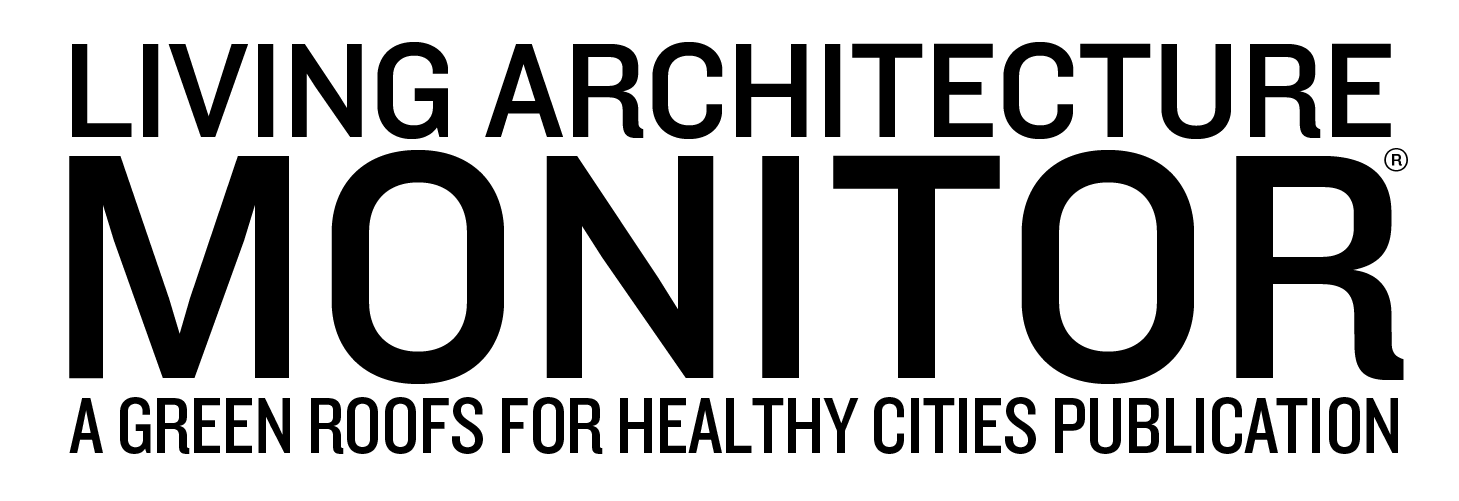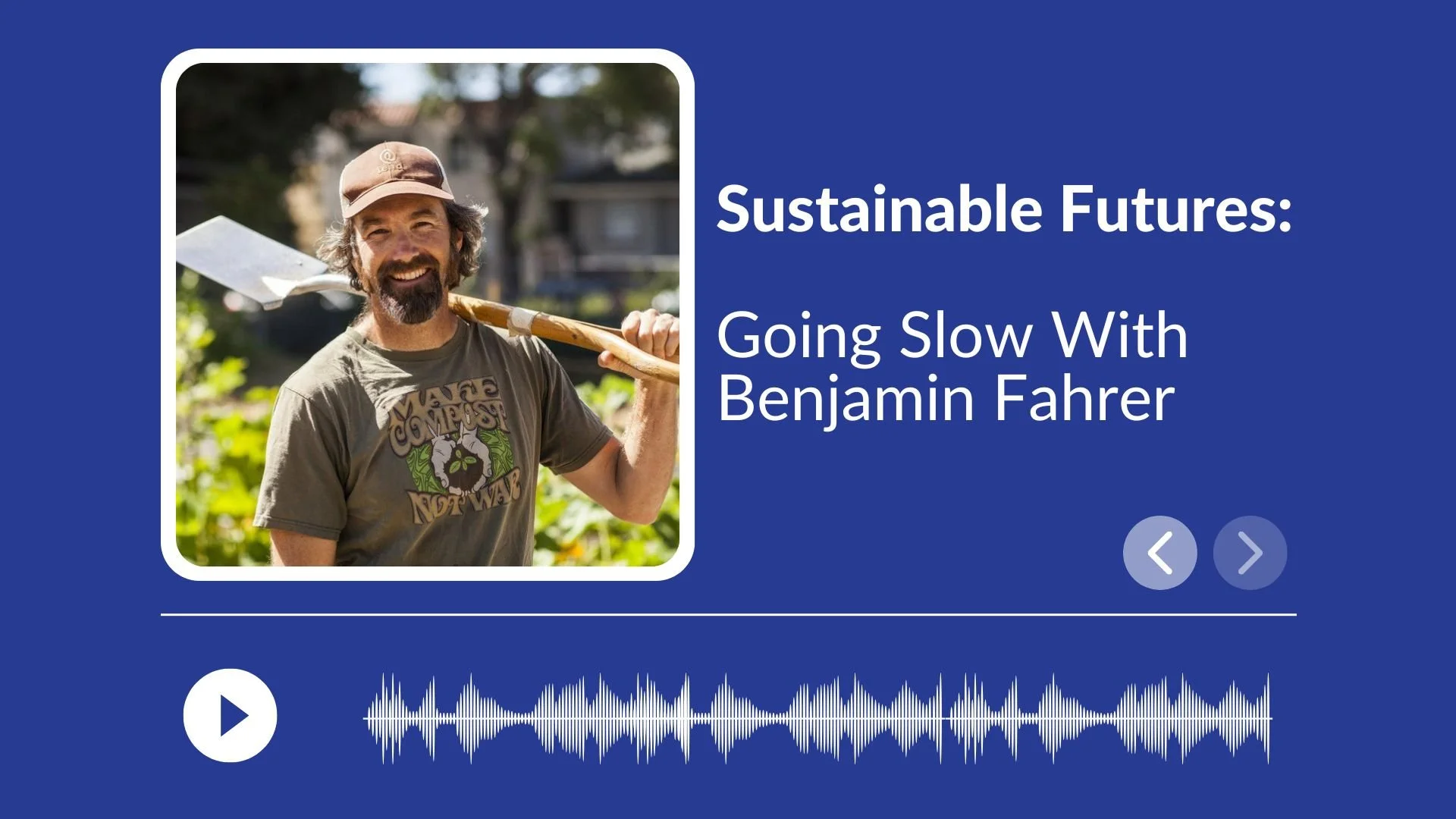A Closer Look at Offices of Urban Agriculture
Advertisement
Urban agriculture offices play a vital role in promoting access to fresh, locally-grown produce in urban areas where traditional farmland is limited. One way to integrate more local produce is by creating more rooftop farms. Rooftop farms enable communities to cultivate their own food within city limits, see the Javits Center’s orchard in New York City implemented and managed by Brooklyn Grange, or rooftop farms in San Francisco. This not only contributes to a more sustainable and resilient food system but also encourages healthier eating habits and reduces reliance on imported goods. Urban agriculture offices can facilitate the growth of vibrant, self-sustaining communities by empowering individuals to take control of their food sources and contribute to the local economy.
One example of an urban agriculture office empowering their community is in Washington D.C. In 2019 they launched its Office of Urban Agriculture, aiming to bolster food production while fostering sustainability and resilience. The office strives to expand cultivation, integrate food-producing landscapes, and engage communities through education.
The D.C. office's goals include cultivating an additional 20 acres for food production by 2032, implementing food-producing landscaping across all eight wards, and promoting garden-based education in schools. Notably, their Urban Farming Tax Abatement Program incentivizes private urban farming, while the Urban Farming Land Lease Program opens publicly-owned lands for farming free of charge.
Such initiatives align with broader city plans for sustainability, as outlined in the Sustainable DC 2.0 plan. Urban agriculture not only addresses environmental concerns but also tackles public health issues by enhancing access to fresh, nutritious foods. Through collaboration and community empowerment, the Office of Urban Agriculture aims to create local green jobs and stimulate economic activity.
In our pursuit of understanding the breadth and impact of urban agriculture initiatives in cities, Green Roofs for Healthy Cities has sourced urban agriculture offices across Canada and America. These offices vary in their missions, level of resources, and approaches, but all share a common goal of promoting urban farming and greater food security. From providing technical assistance and training to managing community gardens and advocating for policy changes, these offices are at the forefront of the urban agriculture movement. For individuals or organizations seeking to get involved or learn more, we've compiled contact information for these offices, making it easier for stakeholders to connect, collaborate, and support the growth of urban agriculture initiatives across the continent. See the alphabetical list below.
America
Boston, Massachusetts
Office Address: 12 Channel Street, 9th floor, Boston, MA 02210
Staff Contact:
Department Number: 617-635-3880
Program Manager: Emily Reckard-Mota
Program Coordinator: Alexa Kwon
Mission: GrowBoston’s mission is to increase, and make more accessible, food production in Boston, by supporting local food producers and providing technical support and educational resources to prospective and existing gardens and farms. They want to increase food-growing spaces throughout Boston and support the implementation of rooftop growing, vertical growing, hydroponics, and other innovative food production strategies.
Resources/Policies:
Advertisement
Grand Rapids, Michigan
Office Address: 3200 Eagle Park Dr. NE Suite 100 Grand Rapids, MI 49525
Staff Contact:
Parks and Rec Department Number: 616-456-3696
Parks and Rec email: parksandrec@grcity.us
Mandates/Mission: The mission of Grand Rapids’ Urban Agriculture Committee is to educate the public about the benefits of urban agriculture in their city. Information is provided specifically about the development of urban food production infrastructure, urban agriculture and urban planning policies, and the City’s efforts to promote health, nutrition, food production, food access, and agricultural economics.
Resources/Policies:
Urban Agriculture Guide: Including information on Composting, Backyard Chickens, Beekeeping, Community Gardens, Growing in Front Yards & Parkways, Lead in Soil, Greenhouses, and Yard Maintenance
Minneapolis, Minnesota
Homegrown Minneapolis Food Council
Office Address: Public Service Building, 505 Fourth Ave. S., Room 520, Minneapolis, MN 55415
Staff Contact:
Health Department email: health@minneapolismn.gov
Health Department number: 612-673-2301
Mandates/Mission: The council’s mission is to improve the local food system by advising the City Council. They hope to enhance the health of all residents, protect the earth, increase economic vitality, expand social connectedness, and improve food security.
Resources/Policies:
Advertisement
New York City, New York
The Mayor’s Office of Urban Agriculture
Office and Staff: Establishing independent Urban Agriculture Advisory Board comprised of nationally recognized urban agriculture leaders appointed jointly by the Mayor and the City Council Speaker to inform and carry out work
Mandates/Mission: To develop and execute climate-based urban agriculture and food system strategies in New York City. To expand and support the city’s network of community gardens and urban farms. There is emphasis placed on various initiatives including a report, an online portal for urban agriculture, educational outreach, a research support program for urban agriculture legislation, and policy advancement, alongside recommendations to relevant city agencies and the Office of Climate and Environmental Justice for safeguarding and enhancing urban agriculture
Resources: Published report detailing priorities + activities of Mayor’s Office of Urban Agriculture
Additional Information:
Columbus, Ohio
OSU Urban Extension
Office and Staff
Numerous state and country offices
Michelle Gaston: Gaston.6@osu.edu
Organizer of Ohio State Urban Agriculture Working Group bi-monthly meetings
Mandates/Mission: OSU Extension embraces a wide-ranging aspect of urban agriculture, reflecting shared interests influenced by urban environments. Management of production factors such as soil and water quality, pollinators, pests, weeds, safety measures, and waste disposal. Attention to workforce development, market dynamics, and policy considerations pertinent to commercial operations. Assessment of the community impacts of agriculture within urban areas, encompassing economic, social, cultural, and other variables within the dynamic agricultural framework. OSU Extension aims to raise awareness and provide support to tackle various concerns such as food security, food safety, economic opportunities, environmental sustainability, cultural influences, workforce development, policy implications, and social impacts.
Resources:
Case studies, business planning, and national news and resources at the bottom of the website
Ohio State hosting Urban Food Systems Symposium in Columbus from June 11-13, 2024
Policies
Extension’s primary program areas of 4-H youth development, agriculture and natural resources, community development, and family and consumer sciences
Goals of Programs:
Evaluate the effectiveness of program planning processes, initiatives, and their impact within Ohio’s urban areas, encompassing data on program audiences, products, events, and services provided.
Establish specialized strategy sub-groups to tackle key OSU Extension program areas, such as urban agriculture, employing intentional approaches
Foster collaboration between internal experts and local concerns by refining communication systems across statewide campuses, including Columbus and Wooster, to develop innovative interdisciplinary solutions
Explore diverse and inclusive civic engagement models, forming a varied group of grassroots and top-level organizers to engage with residents in urban communities, particularly those historically marginalized
Incorporate community assessments and impact reporting into program plans, ensuring relevance at the local level, responsiveness statewide, and recognition on a national scale
Additional Information:
Advertisement
Eugene, Oregon
Urban Agriculture Program, City of Eugene
Office and Staff: City Manager's Office: 101 West 10th Avenue, Suite 203, Eugene, OR 97401
Mandates/Mission: Promote urban food growth and provide resources for urban gardening initiatives. Includes educational resources, and information on urban food sources, growing fruits and vegetables, and siting new gardens
Resources:
Includes partnerships with Oregon State University Extension, fact sheets, student-led garden initiatives, and nature camps
Highlight successful community garden projects and school gardening initiatives
Programs/Successes:
City of Eugene Community Gardens - At Alton Baker Park, Whiteaker, Amazon, River House, Mathews and Skinner City Farm
City of Eugene Neighborhood Matching Grants - Nearly 20% of the funding coming from this neighborhood grant program is used to support urban agriculture, food preservation and school gardens
FOOD For Lane County’s GrassRoots Garden - Has been teaching compost education and training Master Gardeners, while growing 65,000 pounds of food for the most hungry in Eugene
School Garden Project - Creates and sustains school gardens, where hands-on learning connects students with their environment and local food system (they install five new school gardens and cafeteria compost systems each year)
Additional Information
Washington, District of Columbia
DC Office of Urban Agriculture
Phone Number: +1 (202) 535-2600
Mission: Encouraging and backing the growth of urban agriculture and communal gardening to enhance food accessibility, promote environmental sustainability, and cultivate community resilience within the District of Columbia.
Policies:
Urban Farming and Community Gardening: Offers support and resources to aid farmers in establishing farms through grants, land resources, and technical assistance.
Green Infrastructure: Promotes the implementation of green architecture and infrastructure into the current urban landscape to improve air quality and promote biodiversity.
Food Access and Security: This program aims to increase access to sustainably sourced and local food for DC consumers. An emphasis is placed on lower-income communities that may not have easy access to such resources.
Sustainability and Environmental Education: The program offers resources to educate residents on various sustainable agricultural practices such as energy conservation, composting, and green architecture.
Urban Beekeeping and Pollinator Health: Supports the local beekeeping industries by implementing pollinator health policies to ensure a stable beekeeping industry. They encourage the usage of pollinator-friendly habitats and sustainable beekeeping practices.
Advertisement
Canada
City of Vancouver, British Columbia
Staff:
Food Policy inquiries: foodpolicy@vancouver.ca
Gardens in parks: pbgreen@vancouver.ca
Gardens on City land (non-park): community.gardens@vancouver.ca
Food waste inquiries: solving-food-waste@vancouver.ca
Mandates/Mission: Access to food is a fundamental human entitlement, integral to daily life and encompassing various facets beyond mere sustenance. The food system encompasses production, distribution, waste management, cultural practices, and community connections, vital for fostering resilience, economic health, and environmental sustainability. Vancouver's municipal interventions, including regulation, land use, grants, and public engagement, shape its food landscape, offering avenues for community involvement.
Resources:
Includes partnerships with Oregon State University Extension, fact sheets, student-led garden initiatives, and nature camps
Highlight successful community garden projects and school gardening initiatives
Programs/Successes: In Vancouver, developers repurposed vacant lots into community gardens, benefiting from substantial tax breaks. The move, which enhances public relations, helps mitigate the costs of property development. Critics argue it subsidizes land hoarding, but proponents highlight its risk factor and public appeal.
Resources:
Conclusion
Offices of Urban Agriculture will continue to play key roles in facilitating the development of many forms of food production in cities. More of them need to be established and provided with the resources to grow this important approach to making our communities more resilient in the face of climate change.
Advertisement
Alyshia Tougas, Alexd Kharabian, Gauri Singh, and Kaiden Talib are students from the University of Toronto who helped find all the departments of urban agriculture found in this article.
Rushil Malik is the Communications Manager for GRHC and is actively learning about the green roof industry. Connect with her at rmalik@greenroofs.org




